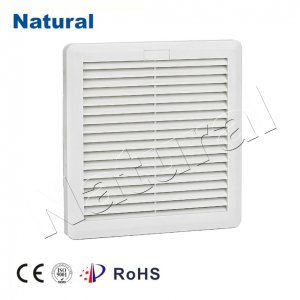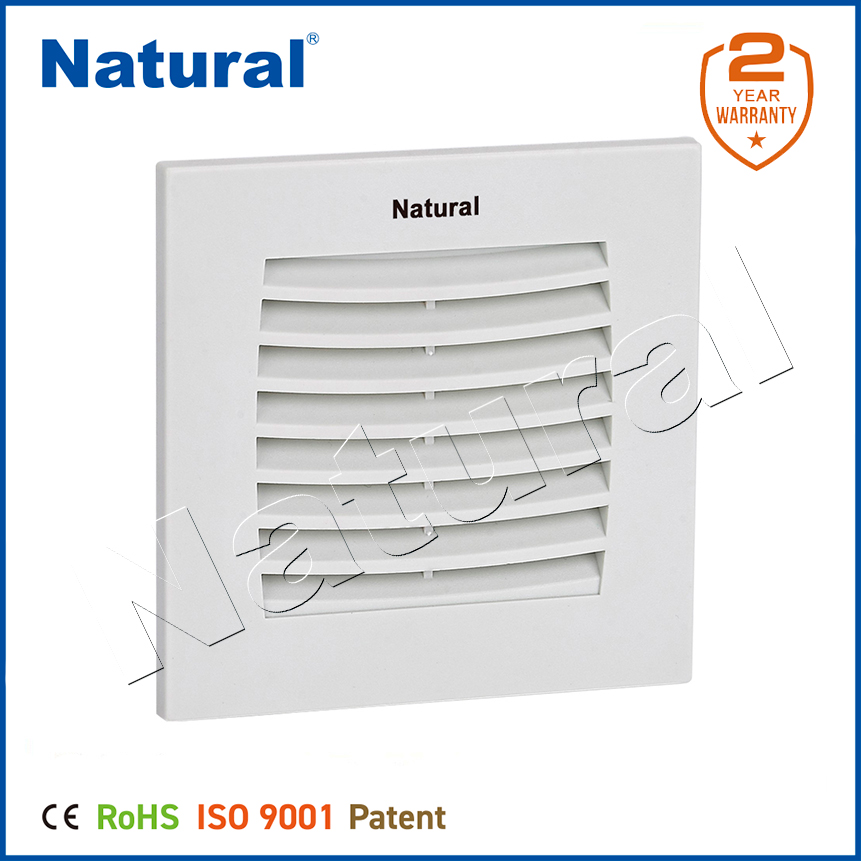In the realm of electrical systems, maintaining optimal performance and longevity is crucial. One often-overlooked component in ensuring this is the electrical cabinet filter. These filters play a pivotal role in protecting sensitive electronic equipment from environmental contaminants and ensuring efficient operation. This article delves into the significance of electrical cabinet filters, their types, benefits, and best practices for selection and maintenance.

Electrical cabinet filters are designed to protect electronic systems housed within cabinets from dust, dirt, and other particulates that could potentially disrupt their operation. These filters are essential for maintaining a clean and stable environment, which is critical for the reliable performance of electrical and electronic equipment.

Types of Electrical Cabinet Filters Electrical cabinet filters come in various types, each tailored to address specific needs and environmental conditions. The most common types include: Mesh Filters:These are the simplest form of filters, typically made of metal mesh. They are designed to catch larger particles and are often used in environments where the level of contamination is relatively low. Mesh filters are reusable and can be cleaned periodically. HEPA Filters:High-Efficiency Particulate Air (HEPA) filters are known for their superior filtration capabilities. They can trap particles as small as 0.3 microns with an efficiency of 99.97%. HEPA filters are ideal for environments where high levels of dust or airborne contaminants are present.
